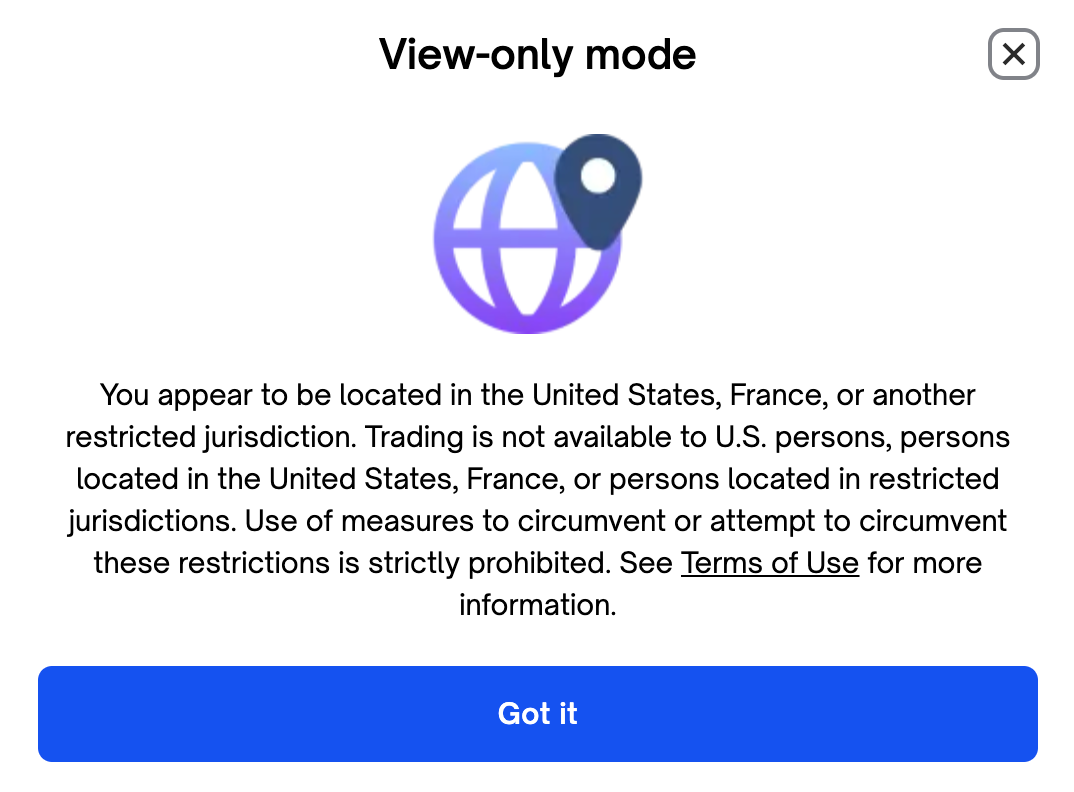On Polymarket’s home page, you’ll see odds for the next winner of Wimbledon or tonight’s Yankees game, but you’ll also see odds for NYC’s mayoral election, an Israel x Hamas Ceasefire, and a TikTok sale in 2025. In short, you can bet on anything.
But rather than the odds being set by an esoteric group of bookies in Las Vegas, Polymarket seeks to reflect public opinion. Well, the opinion of those willing to bet online, but that’s now 1 in 5 Americans according to a recent Nerdwallet survey.
How do they do it? Bettors choose their scenario, bet either yes or no, and odds shift in real time as other traders bet. Sound shady? Some regulators agree. Polymarket is currently banned in the US. In 2022, it paused its U.S. operations and paid a $1.4 million penalty to settle charges that it had failed to register with the Commodity Futures Trading Commission.
But as the site that claims it was the first to predict Donald Trump’s electoral victory — the day before the election, Trump led Harris 58% to 42% on Polymarket while traditional polls showed a much tighter race — the powers that be are bullish on Trump and regulators embracing this market the same way they have crypto.
While this may be more straightforward in situations where a bet is akin to a vote—as Elon Musk said, political betting is “more accurate than polls, as actual money is on the line”—the mechanics of this market get a little grayer when faced with something manipulable such as “Will Elon tweet 90-104 times July 4-11?” or “Will Zelenskyy wear a suit before July?,” the latter of which generated more than $240 million in bets.
Is this the future of gambling and prediction or is it just another place for insiders to trade on their advantage? Is there value in predictions that require you to put your money where your mouth is or are outcomes like political representation still worth keeping above the fray?
I don’t know. What do you wager?





